#VolkswagenGroup
VW Attempting to Block Emissions Audit in Constitutional Court
Volkswagen Group said on Thursday that it would be petitioning Germany’s constitutional court to overturn the appointment of a special auditor to investigate the actions of its management during its diesel emissions scandal. Appointed last November, the auditor’s goal is to establish whether or not VW’s top brass withheld information about the manipulation of vehicle emissions as they related to testing.
Even thought the automaker has said it wanted to improve transparency shortly after the scandal kicked off in September of 2015, Volkswagen wants the work of the auditor suspended prior to the constitutional-court hearing against it. This begs the question: Does VW still have something to hide or is it so fed up with the litigation surrounding “dieselgate” that it’ll do just about anything to keep officials from dredging up the past?
Union Dos and Don'ts: Volkswagen Chops Salaries and Bonuses for Works Council Amid Investigation
Volkswagen has slashed salaries and suspended the bonuses of 14 members of its works council, including council head Bernd Osterloh, as officials investigate alleged overpayments. In May, it was made public that German prosecutors were looking into current and former executives at VW under suspicions that they paid the labor chief an “excessive” salary.
This was followed by a November raid, after which the council claimed the probe didn’t “target Osterloh.” Members specified that all payments were in line with Germany’s legal guidelines. The offices of VW’s chief financial officer, Frank Witter, and personnel director Karlheinz Blessing were also searched.
Nearly There: Feds Green-light Emission Fix for More Audi Diesels
The Environmental Protection Agency and California Air Resources Board have approved emissions repairs for another 24,000 Audi vehicles equipped with the 3.0-liter diesel V6.
Back in May, a U.S. District Judge ruled that if Volkswagen Group failed to obtain government approval for fixes on its emissions-cheating diesels, it would be forced to offer owners buy-backs. Keen not to spend even more money as a result of dieselgate, the company went to work on a solution — resulting in an initial 38,000 Audi and Porsche vehicles spared from the wrecking yard.
The new approval covers 2014-2016 Audi A6 Quattro, A7 Quattro, A8, A8L and Q5 diesel models. The vehicles are to have their defeat device software removed and various hardware components replaced to ensure emissions compliance. VW says it has now has a remedy for about 75 percent of its tainted 3.0-liters, and hopes to have a solution for the remaining 20,000 soon.
Volkswagen to 'Electrify America' With 2,800 EV Charging Stations
Volkswagen Group has been a quite the busy bee when it comes to bolstering EV charging infrastructure. In addition to breaking ground on Europe’s new fast-charging network before the end of this year (with help from Daimler, BMW, and Ford), the brand’s Electrify America subsidiary is preparing to fulfill a court order that will force it to live up to its name.
A signification portion of VW’s emissions scandal penance involves investment into eco-centric technologies and the beefing up of the United States’ electric vehicle infrastructure. So, on Monday the company announced plans to install 2,800 EV charging stations in 17 of the largest U.S. cities by June of 2019.
Moving Forward: Audi Dissolving Dieselgate Task Force
Audi CEO Rupert Stadler has announced his company will dismantle the task force assigned to investigate how many of its diesel cars came equipped with defeat devices. The company established the team after Volkswagen Group admitted to selling 11 million diesel models, through its various brands, with illegal engine management software that hid peak NOx emissions during testing.
Even though Volkswagen has found itself smack-dab in the center of another costly controversy, Stadler claims that Audi is on the cusp of wrapping up its own diesel crisis. “We will have documented and processed all the engine/transmission combinations by the end of the first quarter 2018,” the CEO told journalists at Audi’s headquarters in Ingolstadt, Germany, this week.
Volkswagen, of All Companies, Calls for an End to Diesel Subsidies
Despite Volkswagen being the premiere brand for “clean diesel” technology just a few short years ago, it’s now pressing aggressively into electrification. In fact, the company that admitted to widespread cheating on emissions tests following its pricey 2015 scandal is currently trying to convince the world to ditch diesel subsidies. Go green like us, the company wants everyone to hear.
Matthias Müller, CEO of Volkswagen Group, stated in a recent interview that the German government should stop subsidizing diesel entirely.
While a perspicacious position on the part of VW, it also serves as a reminder that German automakers benefited heavily from Europe’s once-popular diesel tax programs. However, with most of the world souring on the fuel, the automaker sees an opportunity to hurt its competition and help itself as it hurries to bring EVs to market.
Germany and Italy Oppose Stiffer European Car Approval Rules
Italy and Germany are opposing attempts to give the European Union more authority over the way national car regulators approve new cars for sale. As wild as it is to learn that Germany is standing in the way of stricter automotive regulation and oversight, allow us to assure you that you’ve not misread the above statement. For some reason, Deutschland doesn’t want to see enhanced industry surveillance.
Our best guess is that the opposition has something to do with Volkswagen Group’s diesel crisis, recent concerns that BMW may have utilized a “shut off” device that masked NOx emissions, and the ongoing investigation into a German automotive cartel that may have operated for decades. But there’s also a chance these automakers simply don’t want to deal with the red tape that comes along with piling on government oversight.
Accused VW Executive Claims to Have Been 'Misused' by Company
One of the handful of Volkswagen Group executives that have been forced to appear in front of a judge over the company’s widespread emission scandal, Oliver Schmidt, has exclaimed he was misused by his employer after issuing a guilty plea. Unless the charges are revised prior to sentencing, the former VW employee has copped to conspiracy to defraud the federal government and violating the Clean Air Act. A third charge of aiding and abetting wire fraud was rolled into the conspiracy charge.
The admission to corporate wrongdoing was made in August. However the claim that the company had taken advantage of him came later via a letter to U.S. judge Sean Cox.
Smart, or Sacrilege? Porsche Considering Production of an Electrified 911
Porsche is considering an electrified variant of the iconic 911, which isn’t all that surprising, considering Volkswagen Group wants a battery-enhanced version of every model it builds. But changing the 911 is tantamount to sacrilege among some circles and is likely to receive some mixed responses.
That said, it’s not as if the model remained unchanged since 1963. Porsche has implemented loads of electronic aids over the last decade and even chucked in a turbocharger. Besides, Ruf Automobile already built an all-electric 911 — which it called the eRuf Model A — way back in 2008. The foundation has been set. But we’re not convinced Porsche will walk that path.
Much more likely is that the company will use electric motors to supplement a semi-traditional internal combustion unit, or perhaps utilize a 48-volt mild hybrid system.
Volkswagen Sets Aside $11.8 Billion to Build EVs in China
When we were told the electric revolution was on its way, most of us probably assumed at least some of that vehicular renaissance would take place outside of China. But Asia is where all the hot EV action lives, so that’s where the money goes.
Volkswagen, now promising one of the industry’s most ambitious pushes into electrification, plans to invest $11.8 billion through 2025 to develop and manufacture all-electric and plug-in hybrid vehicles in China, as the nation’s emission mandates become progressively more stringent.
Ferdinand Pich Peels Away From the Family Business
After an extended battle with his family, Ferdinand Piëch has finally acquiesced to resign from the board of Porsche Automobil Holding SE and sell off his remaining shares. At 80 years of age, leaving VW Group’s parent company was probably long overdue for Piëch, but you can’t help but wonder if the manner in which his retirement unfolded hasn’t left him bitter.
Still, with his 14.7 percent stake rumored to be worth over a billion euros, he’ll have the means to stage the most elaborate revenge any of us could possibly imagine — assuming that’s what he intends. One certainly could make the case that he’d have valid reasons for doing it.
Audi Tattles On Itself Over Possible Dieselgate Leftovers
Audi is recalling around 5,000 European A8s after discovering they were releasing excessive nitrogen oxide emissions. The vehicles in question appear to be holdovers from Volkswagen Group’s dieselgate, even though no one has said so officially. But the modus operandi seems to fit here.
It’s the same NOx gas that got VW into trouble back in 2015, it involves the vehicle’s software, and Audi went out of its way to report the cars to Germany’s Federal Motor Transport Authority before saying it was concerned about the “possible illegal manipulation of emission levels.”
European Raids Expand to Daimler and VW in Automotive Cartel Probe
Following an earlier raid at BMW, Daimler AG and Volkswagen Group were also searched by antitrust officials from the European Union Commission and German government this week. Despite claiming whistleblower status, Daimler is still subject to investigation — though it’s less likely to incur the same financial penalties if the collusion charges go to court.
Over the summer, investigators from the EU stated there would be an investigation into several German carmakers after allegations surfaced that companies conspired to fix prices on various automotive technologies over several decades. But it wasn’t until Monday that officials searched Daimler’s corporate offices and collected documents from Volkswagen’s headquarters in Wolfsburg and at Audi’s home base in Ingolstadt.
BMW Raided in German Cartel Investigation, Daimler Seeks Immunity
Back in July, German authorities became concerned that the country’s manufacturers had been operating one of the largest automotive cartels in history. With many auto executives still under the microscope for diesel emission manipulation, combined with inter-familial strife between the Piech and Porsche clans, Germany’s auto industry was starting to resemble a PG version of the film Goodfellas — with a dash of Dallas, for flavor.
Despite some rather serious accusations, nothing really came of the cartel investigation. We were beginning to wonder if it was much ado about nothing. But Germany’s antitrust officials hadn’t forgotten — they were simply biding their time during preliminary investigations into corporate collusion and price-fixing. Earlier this week, they made their big move and raided BMW’s headquarters.
Volkswagen Dumps $1.7 Billion Into Development of Electric Buses, Commercial Trucks
Having already dropped itself into an ocean of electric car R&D, Volkswagen is now making plans to develop battery-powered commercial vehicles aimed at servicing urban areas where public officials are having night terrors about air quality.
Jürgen Stackmann, VW’s board member responsible for sales and marketing, promised the company would be at “full steam” on EV production and development by 2020. That includes a battery-only option for “all styles and body types” by 2030, according to Stackmann. But the brand wants to have something similar on the table for trucks and buses before then.
Volkswagen Truck & Bus is investing 1.4 billion euros ($1.7 billion) into new electric drivetrains for use in both medium and heavy-duty distribution transport and city buses. While that development will go toward European vehicles initially, VW and strategic partner Navistar will use the “e-drivetrain” platform on U.S.-based electric trucks from 2019 onwards.




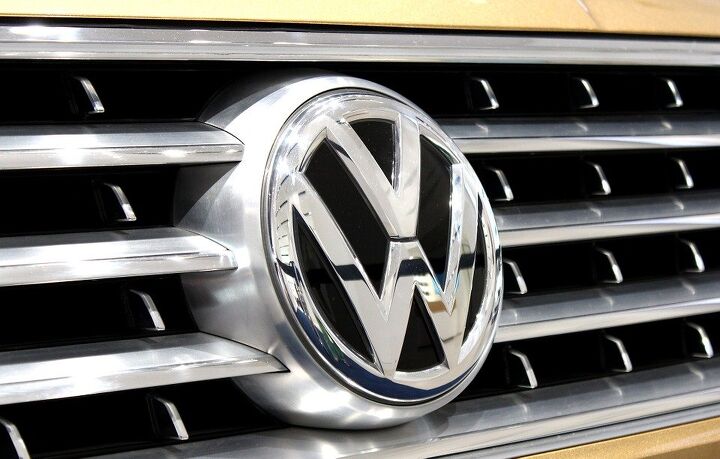

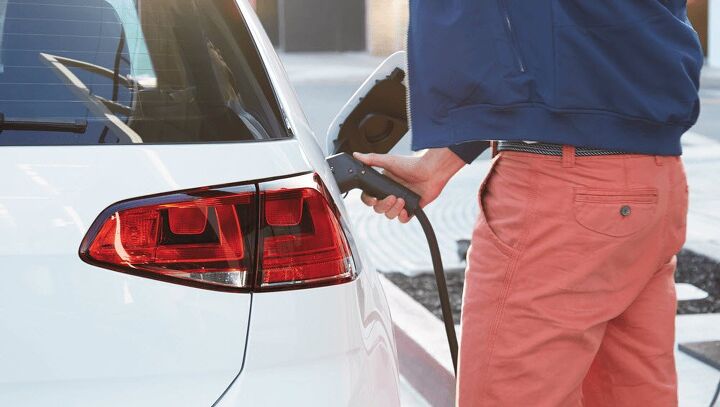


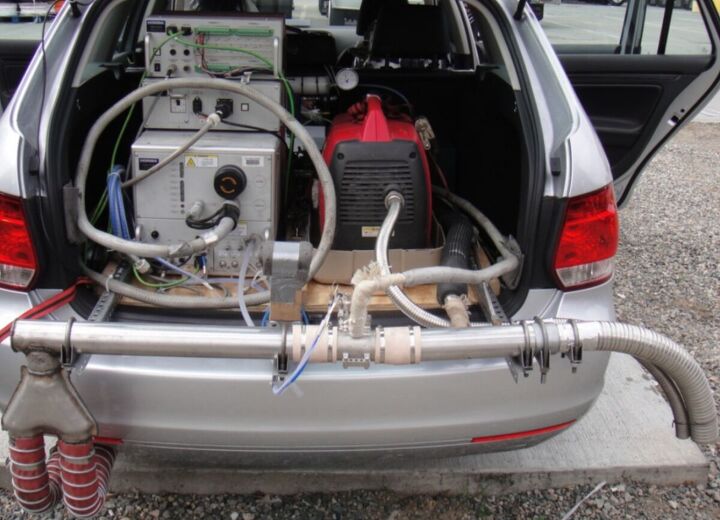



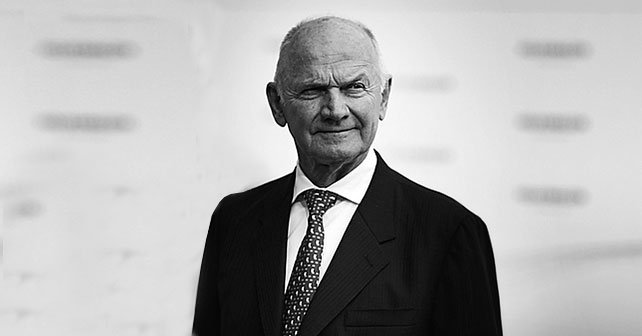


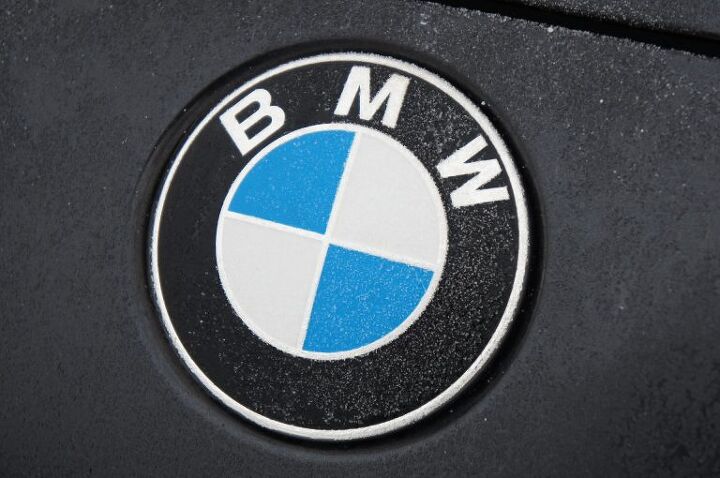
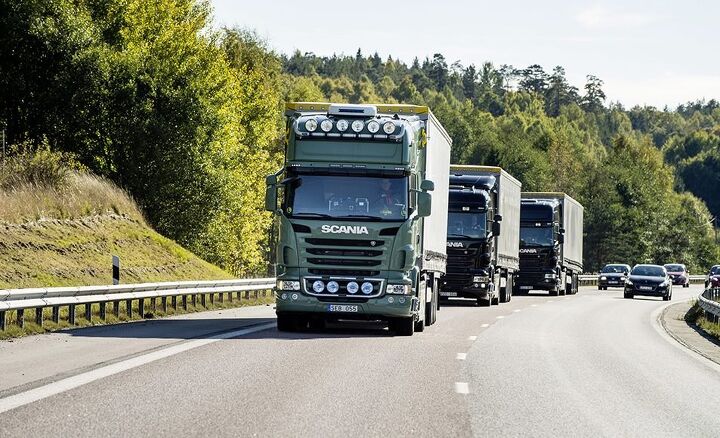












Recent Comments